This collection deals incisively with multiple sites of education including homes and families, neighborhoods, cities, and buildings. It studies sources and semantic fields such as reform efforts, texts, languages, and the media. Equally insightful is Kumar’s engagement with the questions of history-writing, arguing that the sites of the province, community, and family produce histories other than the ones we typically engage with. In the first section Kumar engages with the disabling–and empowering–practices of history within communities. In the second, she works towards producing gendered and community-oriented histories of modernity in South Asia. The third part proposes post-colonialism as an appropriate term for discussions of history and modernity. This book is about the production of Modern India–those who are ‘modern’ are those who know the narrative of their national history. It is no less about other histories taught and learnt which leave their knowers without power. Kumar narrates the story of education to include the home and the family, mothering and gender relations. She discusses how education includes possible approaches to change and the difficulties with each approach. Introducing a new approach–the place of affect in history-writing–the author presents radically different ways of looking at the history and the present of modern India. This book relies equally on empirical fieldwork, archival research, and methodological considerations. It will interest students and scholars of education, history, sociology, and gender studies, especially those concerned with the interlinkages between education, gender, community and modernity.
The Politics of Gender, Community, and Modernity: Essays on Education in India
In stock
Free & Quick Delivery Worldwide
reviews
Bibliographic information
Title
The Politics of Gender, Community, and Modernity: Essays on Education in India
Author
Edition
1st ed.
Publisher
Oxford University Press, 2007
ISBN
0195682734
Length
xii+346p.
Subjects

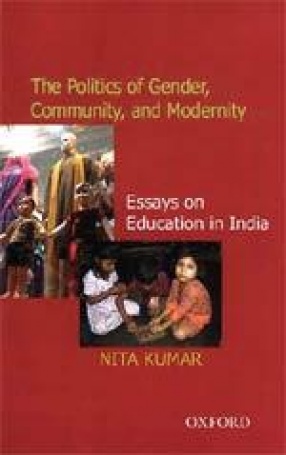
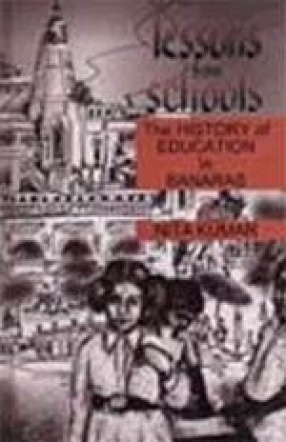
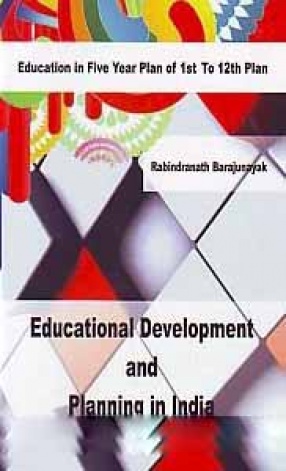
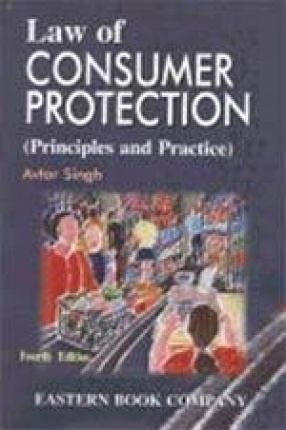
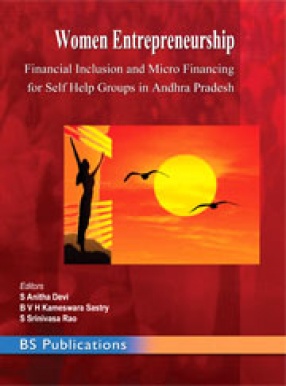
There are no reviews yet.